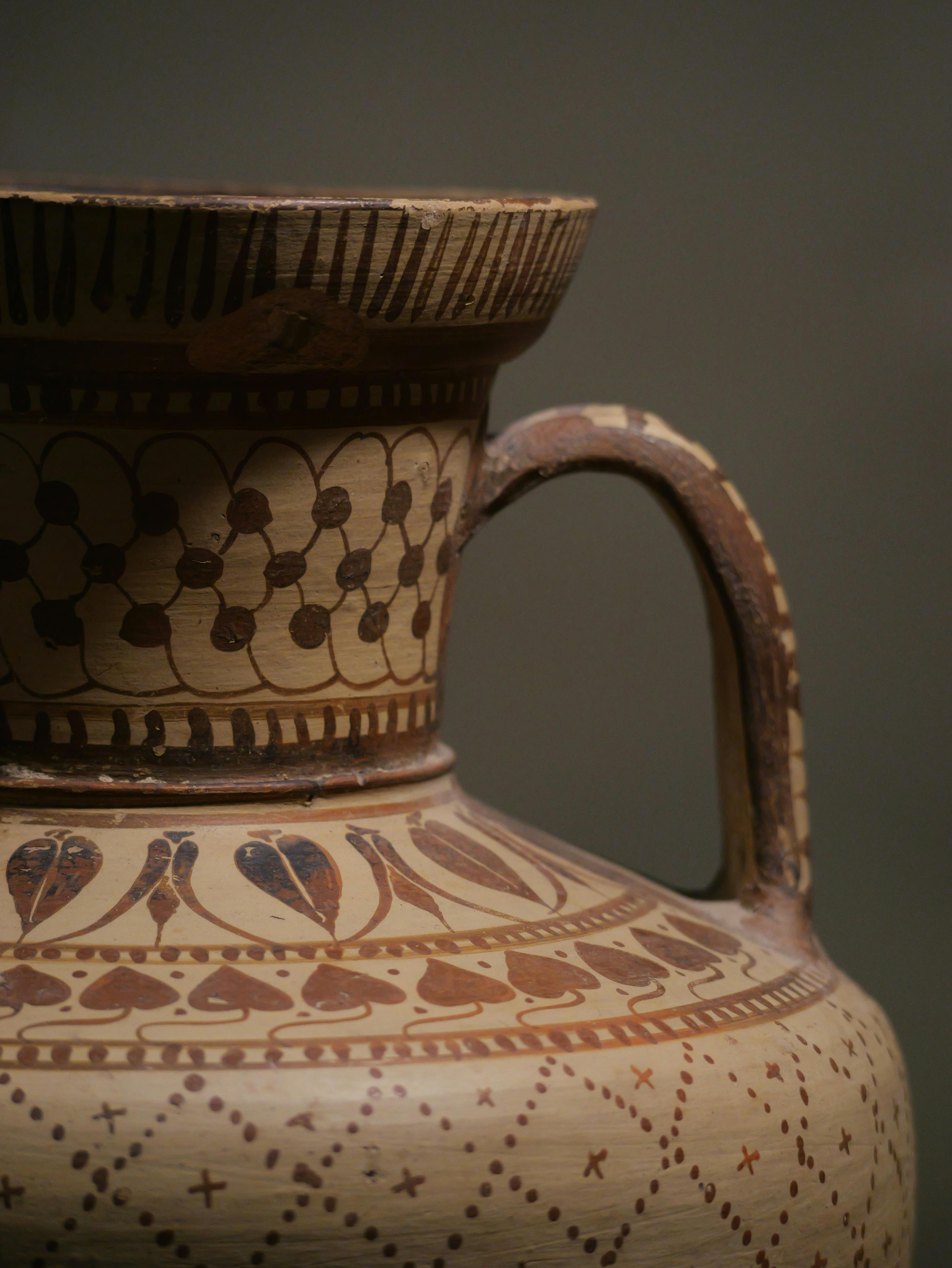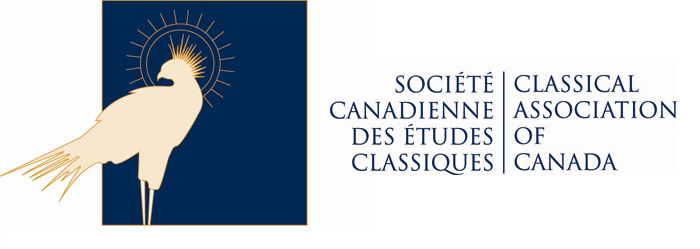Classical Association of Canada
The Classical Association of Canada was founded in 1947 as a national non-profit organization. Its official languages are English and French.
The Association
The Classical Association of Canada aims to advance the study of the civilizations of the Greek and Roman world, their later influence, and their creative presence in modern culture. The Association works to promote the teaching of classical languages and civilizations in Canadian schools, colleges and universities, the publication of research in classical studies, and public awareness of the contribution and importance of classical studies, and liberal studies in general, in Canadian education and life.
Membership
The Classical Association of Canada / Société Canadienne des Études Classiques welcomes the participation of all those who share an interest in the classical world.
Annual Conference
Learn more on our annual conference on research and teaching in classical studies.
News
Keep up to date with all of our activities.

The Association’s projects include:
- An Annual Conference on research and teaching in classical studies
- Two international scholarly journals, Phoenix and Mouseion
- A website Directory of classical scholars and programmes in Canadian universities
- A Women’s Network promoting the study of women, gender and sexuality in the ancient world
- Regional Lecture Tours by Canadian classical scholars
- Translation competitions for high school and university students
- Essay competitions for junior and senior university students
- The Desmond Conacher Scholarship for students entering graduate studies in classics or a related discipline
- Affiliations with the Canadian Federation for the Humanities and Social Sciences, the Fédération Internationale des Études Classiques, and the Canadian Institute in Greece
- Liaison with Canadian regional associations, scholarly associations in other countries, and the Social Sciences and Humanities Research Council of Canada.
The CAC will never directly
solicit donations via email.
Statement of Professional Ethics
The Classical Association of Canada aspires to promote equal opportunity, diversity, and equity in all aspects of the profession wherever we practice our discipline (including physical and on-line locations). The CAC does not condone any form of discrimination and harassment on the basis of any category protected by the Canadian Human Rights Act. It values respect, tolerance, and inclusion for all members and recognizes the importance of such values in fostering excellent scholarship, teaching, and learning. These guidelines on ethical behaviour are not intended to curtail academic freedom in any way but to create a safe professional environment for the courteous, collegial, and respectful exchange of ideas. Members are reminded that they are bound by the policies on conduct at their home institutions.
The Association has a standing Equity Committee which tracks and reports on the social, ethical, and professional contexts of the discipline in Canada through the collection of data, especially in connection with working, hiring, and studying. The results of such data collection are reported to Council and the membership.
Statement on Academic Freedom
The CAC asserts its commitment to academic freedom and freedom of expression without threat of censure or retaliation.
Follow Us/ Suivez-Nous
Copyright © 2023 The Classical Association of Canada / Société Canadienne des Études Classiques
All Rights Reserved | Privacy Policy | Politique de confidentialité
Website by Windrose Web Design

